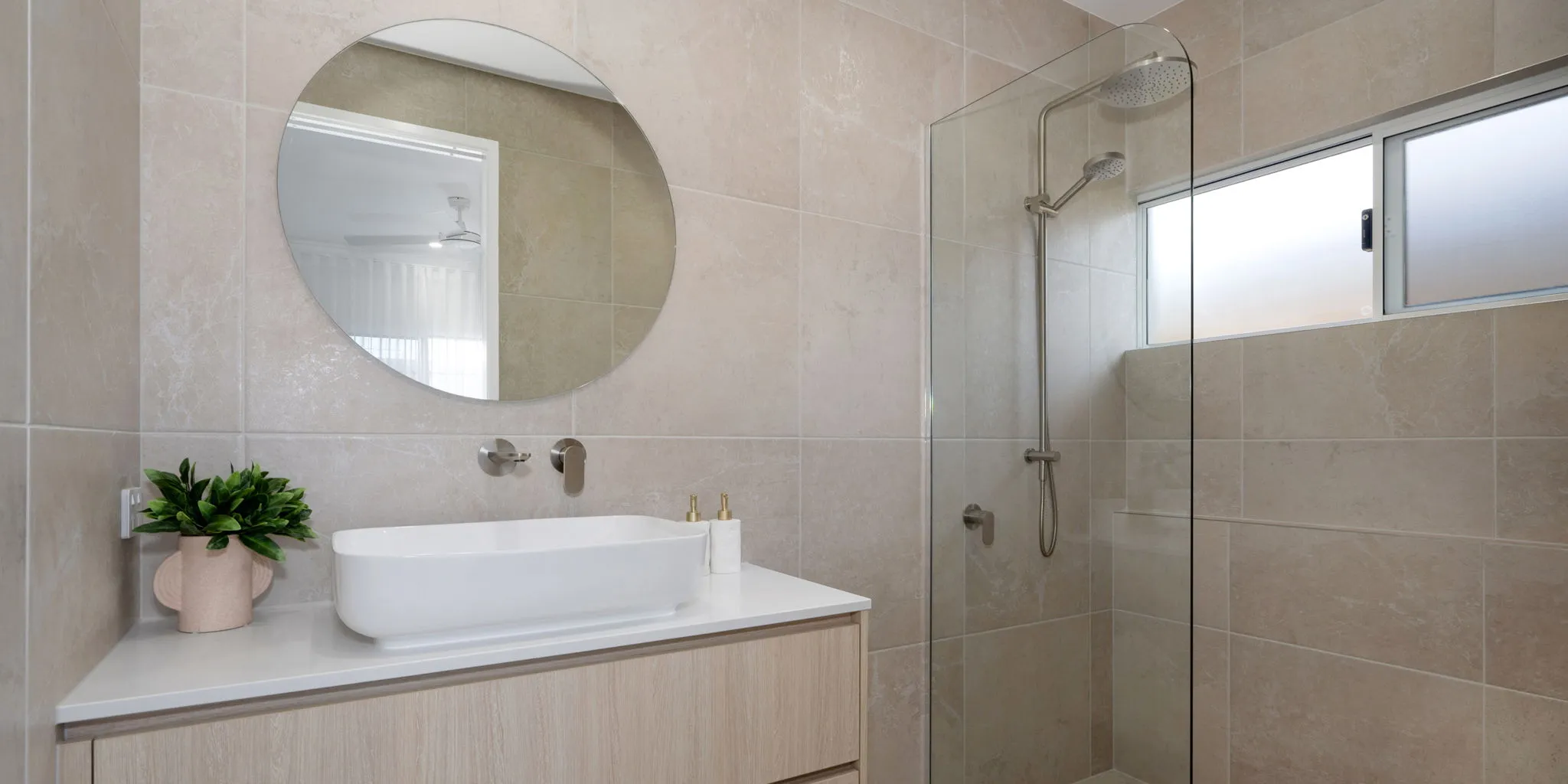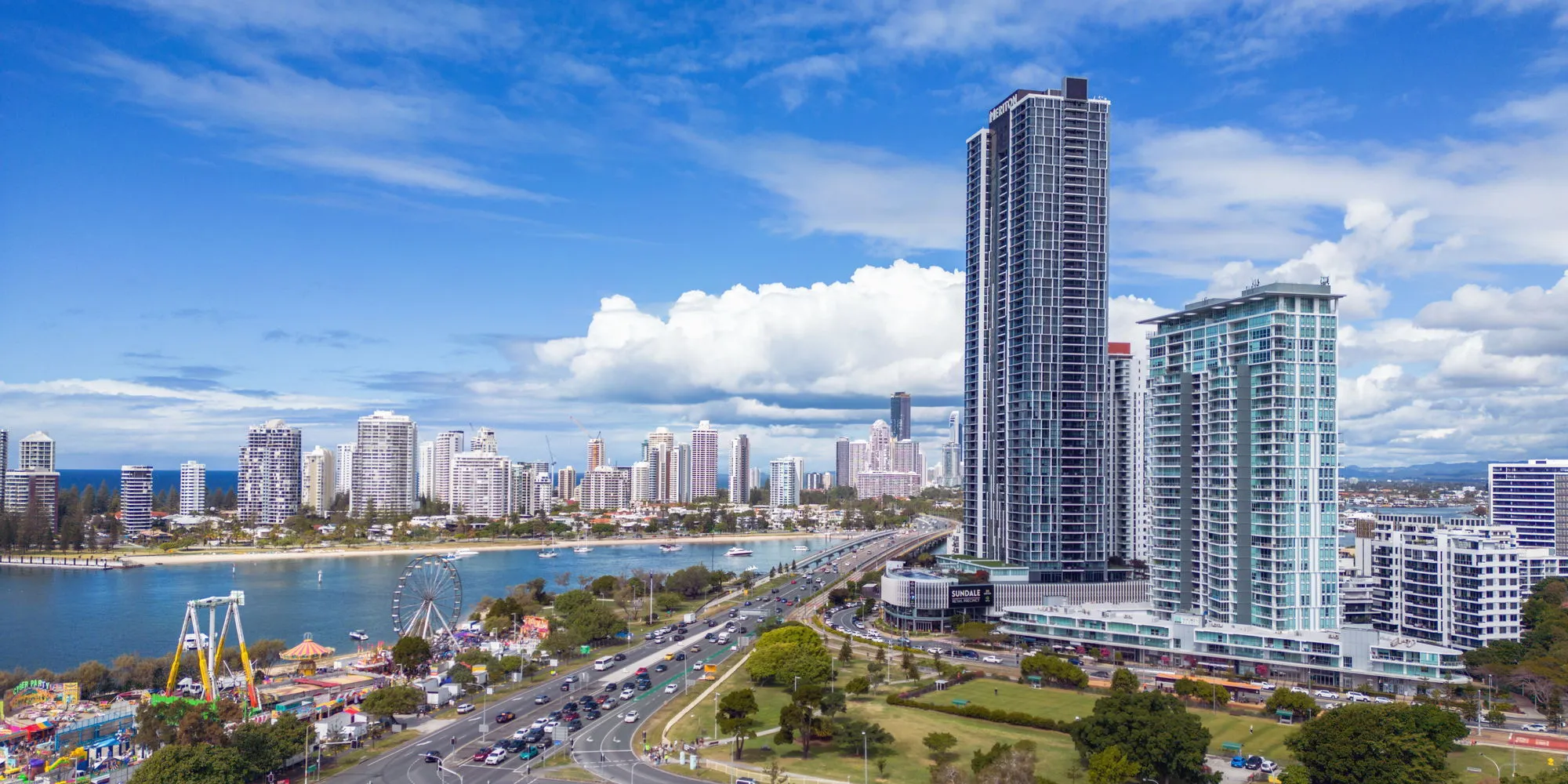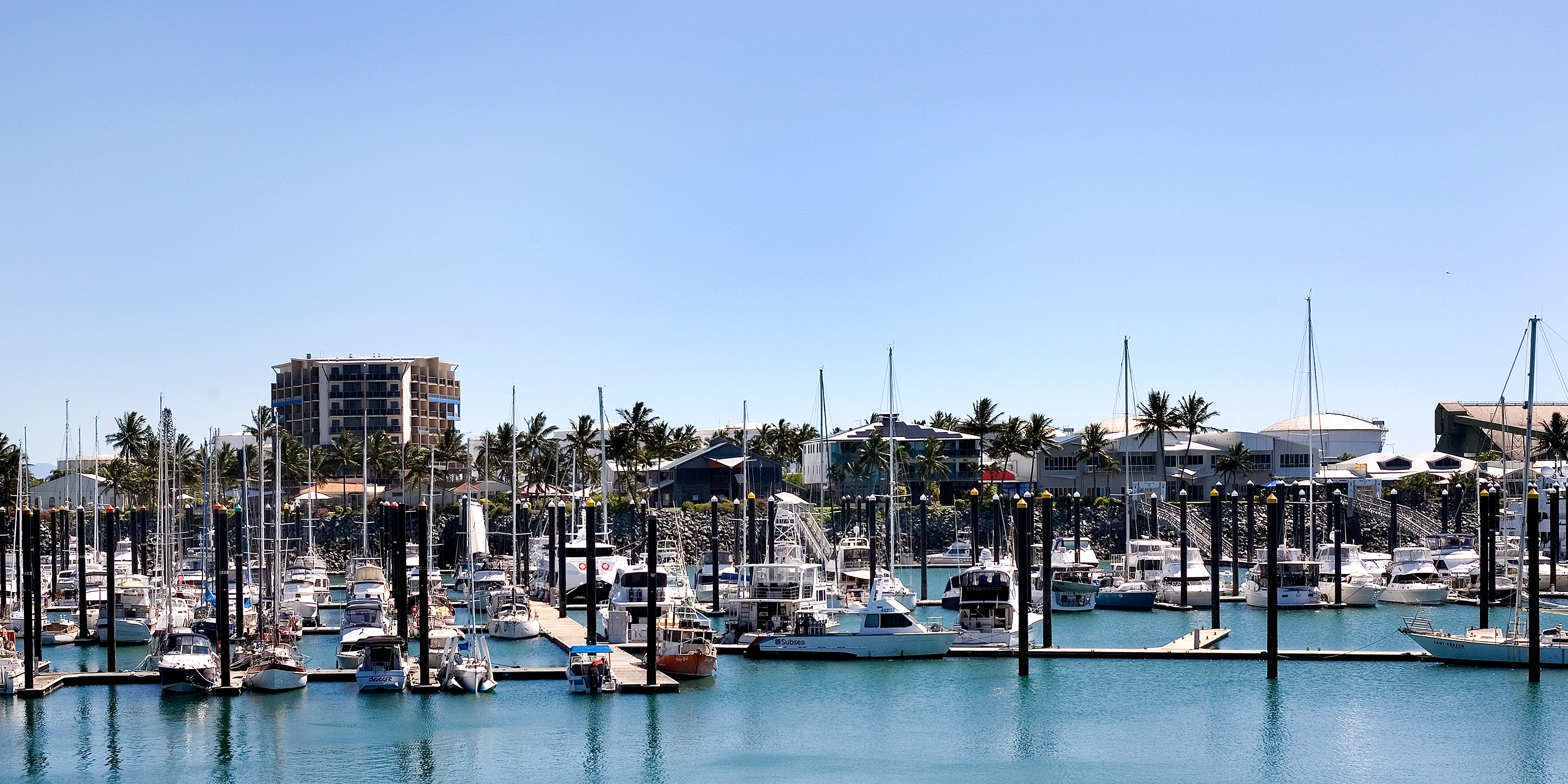2025
8 Investment Property Deductions You Can Claim

Knowing what you can and cannot claim on your investment property could be the difference between a good and a great investment.
To simplify things, we have compiled a list of eight investment property tax deductions that investors can claim against an investment property in Australia.
In all cases, these deductions apply only to investment properties that are currently rented out, or are genuinely available for rent, during the period in which the deductions are claimed.
1. Loan Interest
Interest on investment property loans is one of the most significant deductions property investors can claim in Australia. If you’ve borrowed to purchase a rental property, the interest charged on that loan is tax-deductible, provided the property is rented or is listed on the market for rent.
You can also claim interest on loans used for renovations, repairs, or purchasing depreciating assets for the rental property.
Remember, only the interest is deductible, not repayments on the loan principal.
2. Depreciation (Building & Fixtures)
Investment property owners are entitled to claim depreciation deductions for both the structure of the building (capital works), as well as fixtures and fittings such as air conditioners, carpet, hot water systems, and other equipment (plant and equipment).
Capital work deductions cover the main structural elements of the property and can be claimed at an annual rate of 2.5% over 40 years for buildings constructed after September 1987. Each category has its own set of rules and regulations, so it’s important to speak with a property depreciation specialist who can advise on entitlements for your specific property.
3. Property Advertising Costs
Expenses related to advertising your investment property for lease are tax-deductible. This includes costs for online listings on property listing sites, professional photography, and agency marketing fees. Advertising expenses can be claimed regardless of whether the advertising was carried out privately or through a leasing/property management agency. You cannot claim advertising costs for periods when the property wasn’t genuinely available for rent, like during personal use or major renovations.
4. Property Management & Rental Agent Fees
Fees paid to property managers or rental agents are tax-deductible so long as your investment property is genuinely on the market or available for rent. These costs include things like routine inspections, organising trades for the property (plumbers, electricians, roofers etc.), handling late rent payments, and responding to tenant complaints. You can also claim letting fees and lease renewal charges. You cannot claim fees related to periods when the property isn’t rented out, or for services linked to buying, selling, or refinancing the property.
5. Council Rates
Council rates and water charges are tax-deductible if you pay them for your rental property. You can only claim these costs for periods when the property is leased or available for rent. It’s important to remember that if the tenant pays the bills or you use the property personally, then you can’t claim these expenses.
6. Insurance
Insurance premiums paid for your rental property are tax-deductible. This includes landlord insurance, building, contents, and public liability cover. You can only claim the portion related to the period the property was available for rent. If the property is used privately or sits vacant, then the expenses should be prorated out to exclude that period. Keep your insurance documents and payment records to support your claim.
7. Body Corporate/Strata Fees
Strata or body corporate fees for a strata-managed investment property are tax-deductible. This includes regular payments for items such as building maintenance and strata fees for shared maintenance expenses between owners. Special levies for major upgrades cannot be claimed right away; however, they may be claimed over time as capital works.
8. Repairs & Maintenance Expenses
Repairs and maintenance costs for investment properties/rental properties are tax-deductible so long as they relate to wear and tear. Repairs and maintenance expenses can be claimed in the year they're done. It’s important to distinguish between upgrades and repairs. Upgrades to the property must be claimed as capital works and depreciated over time (refer to point one above) and cannot be claimed in a single year.







